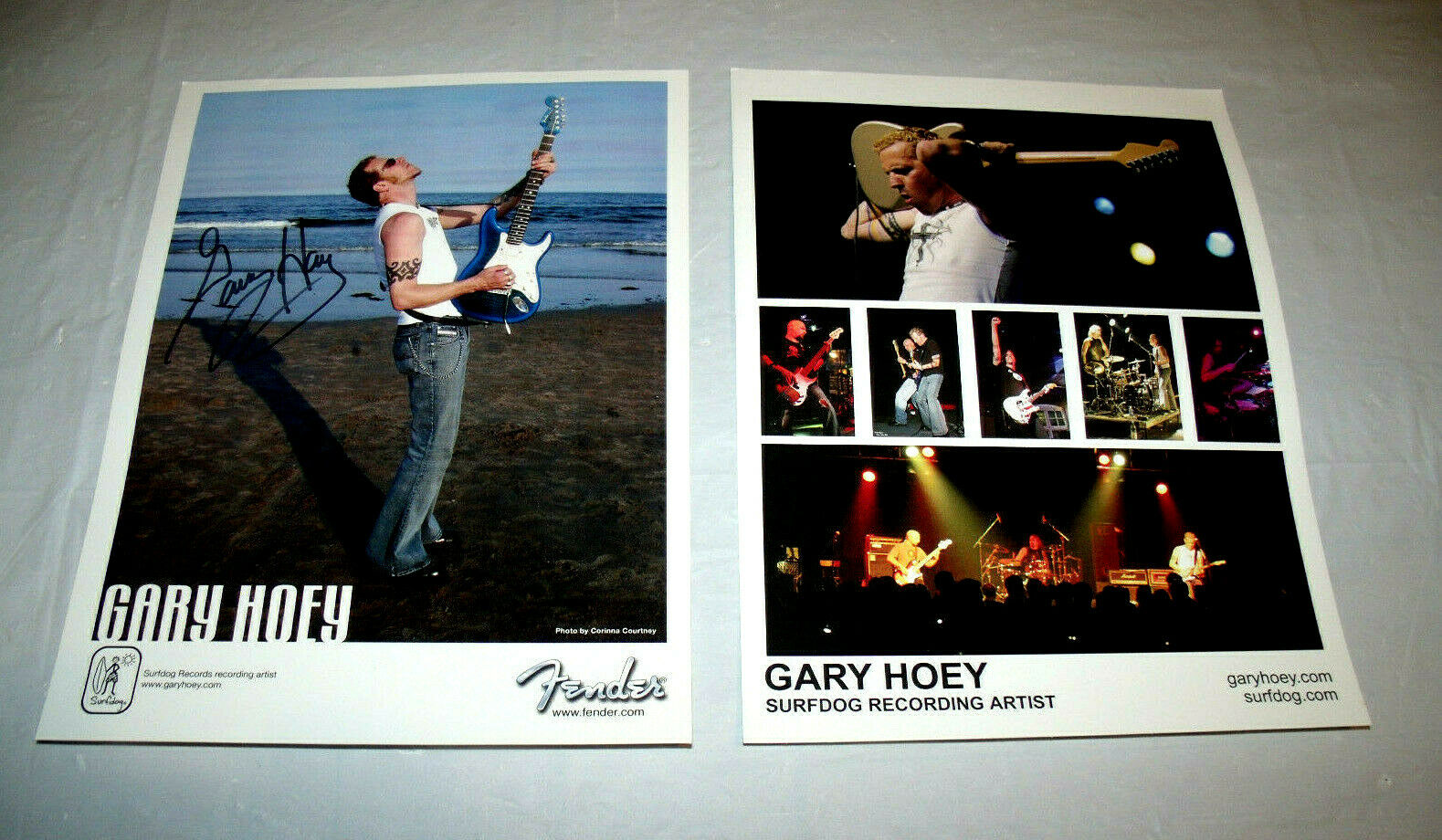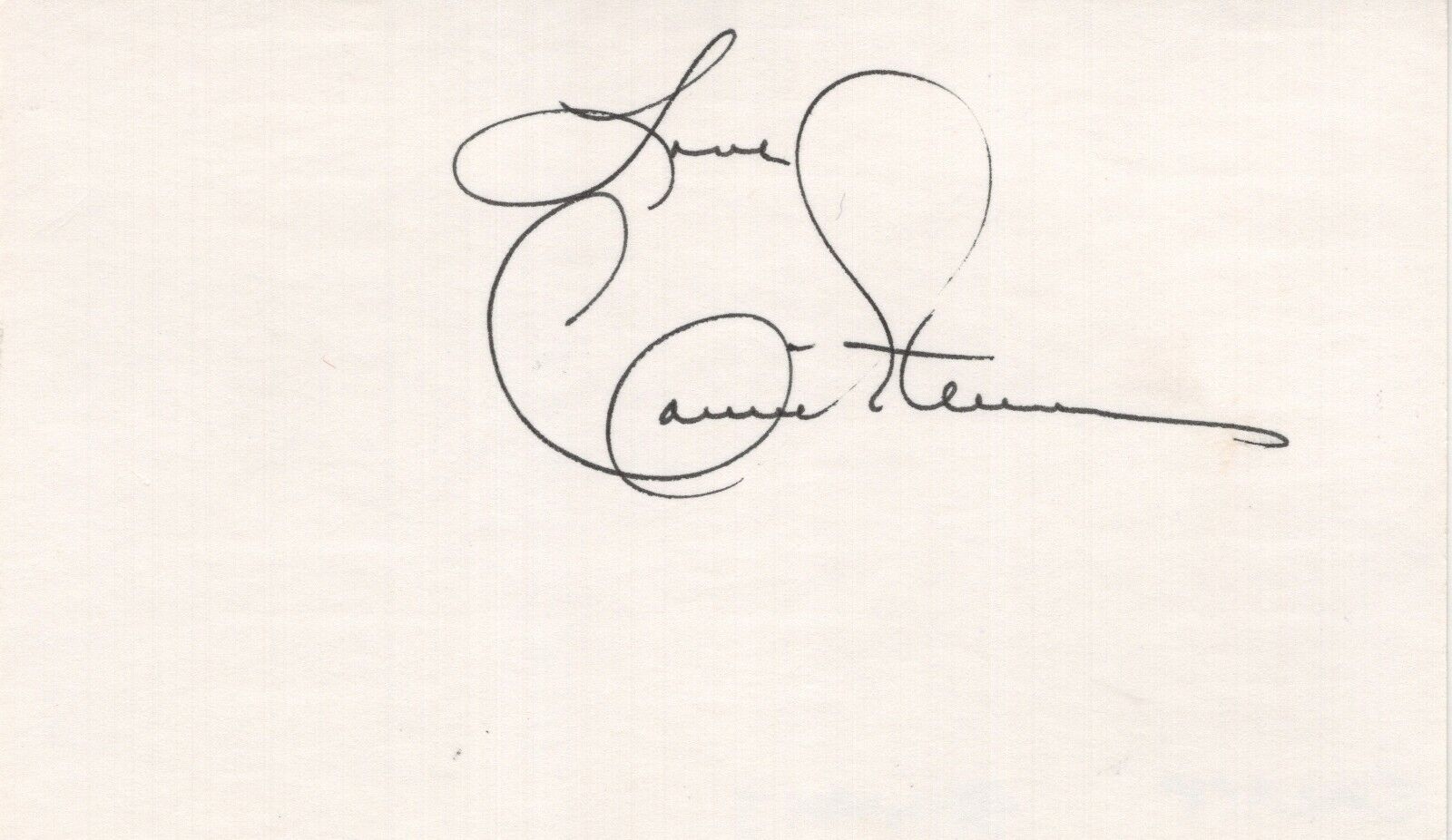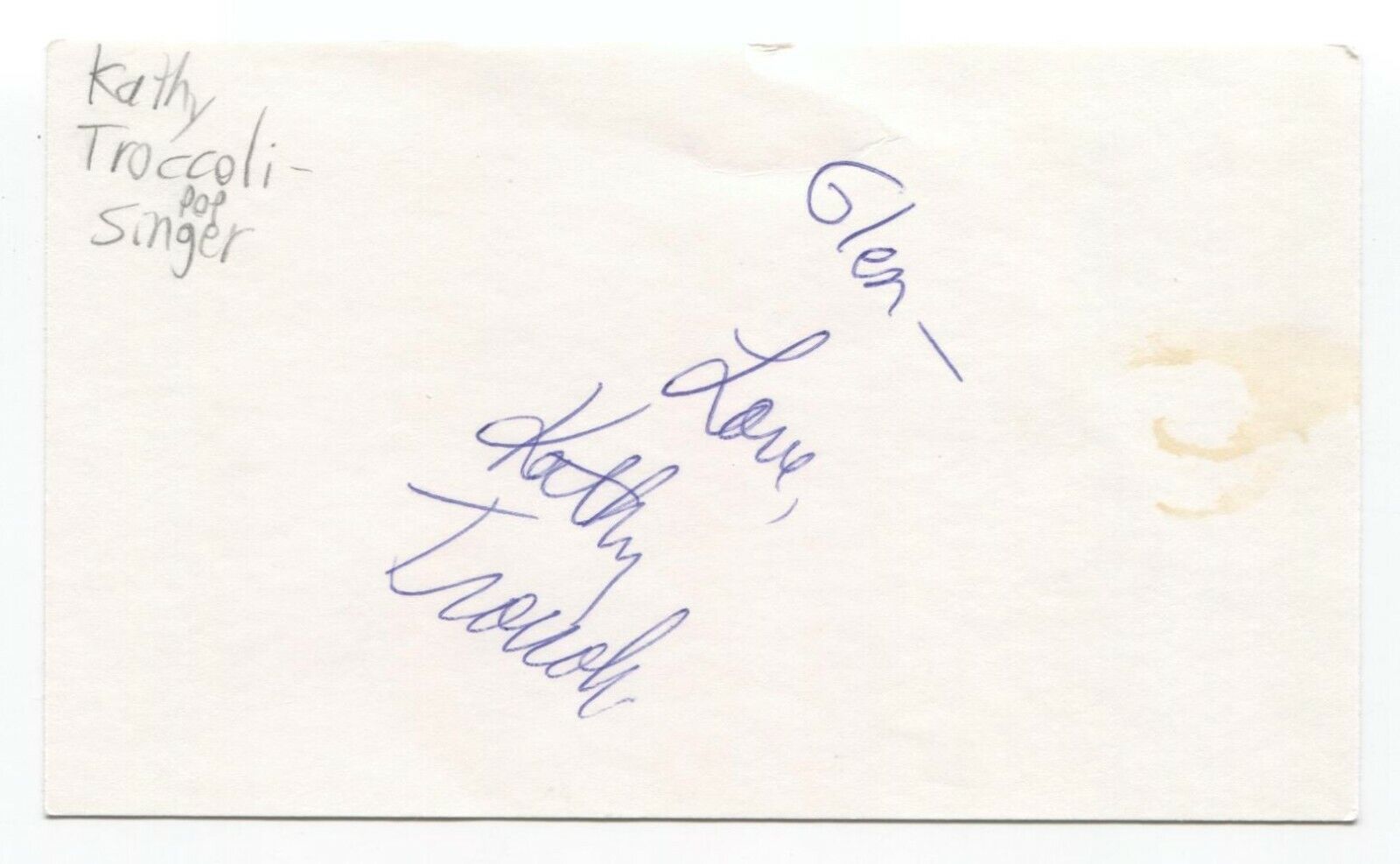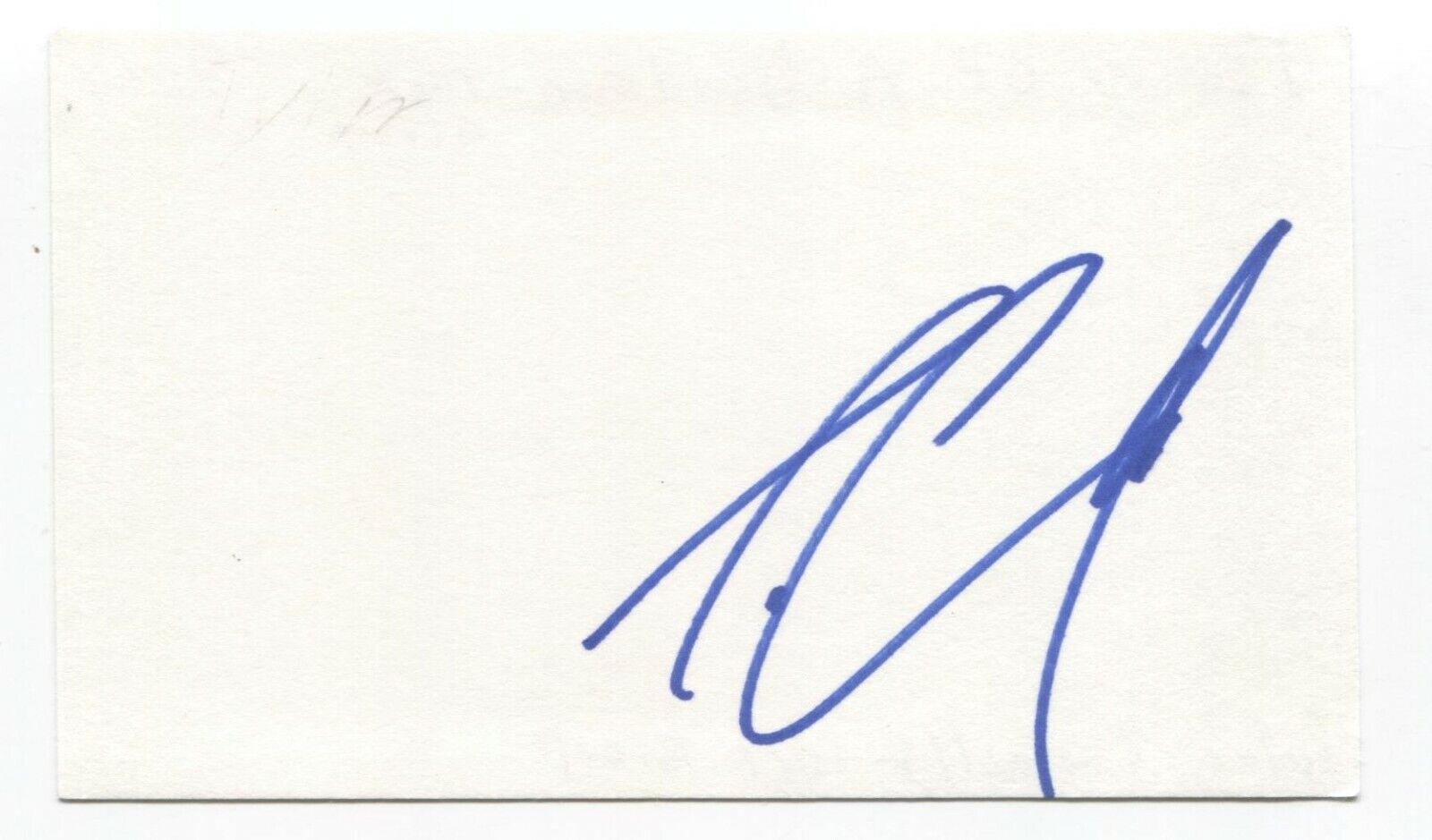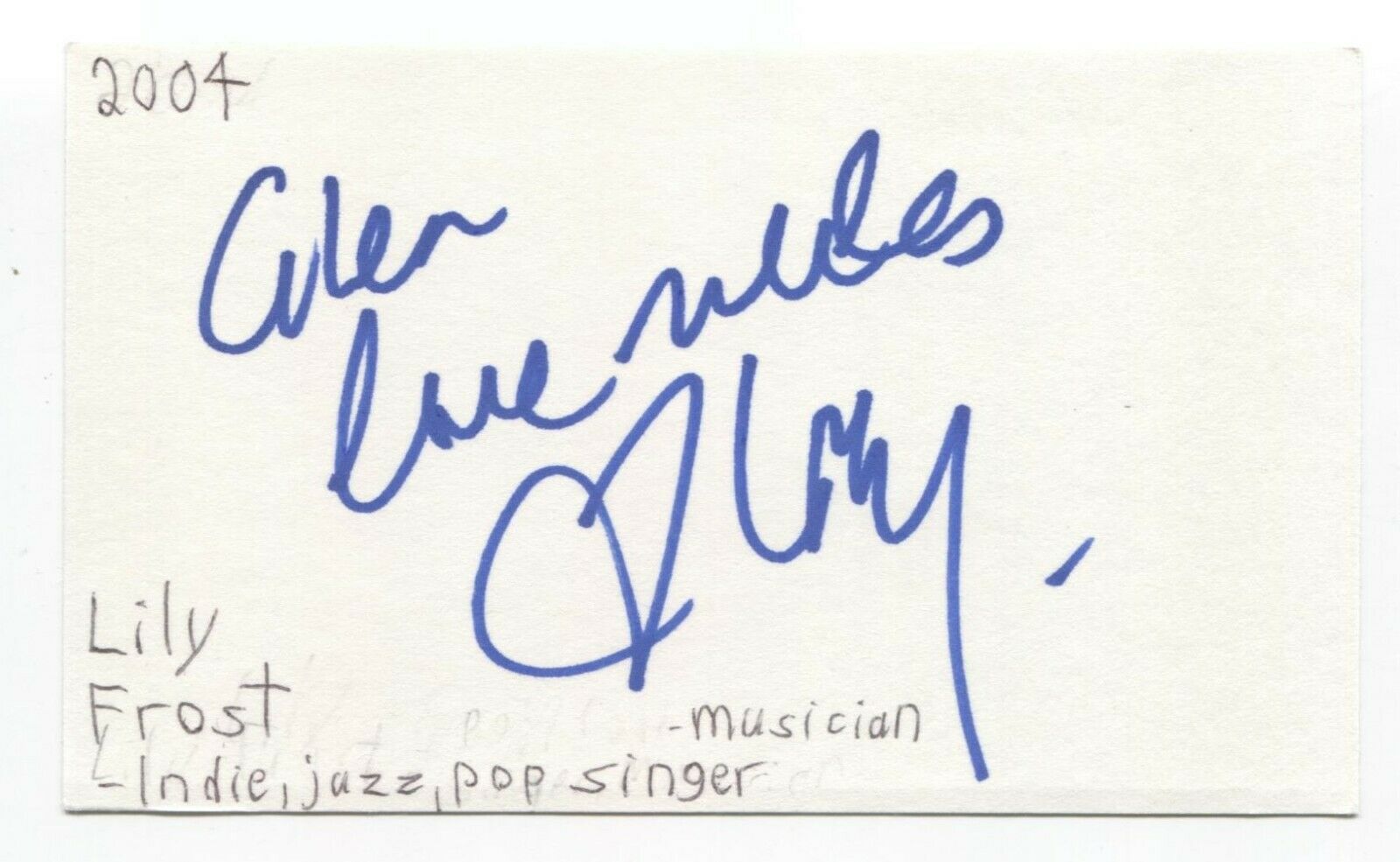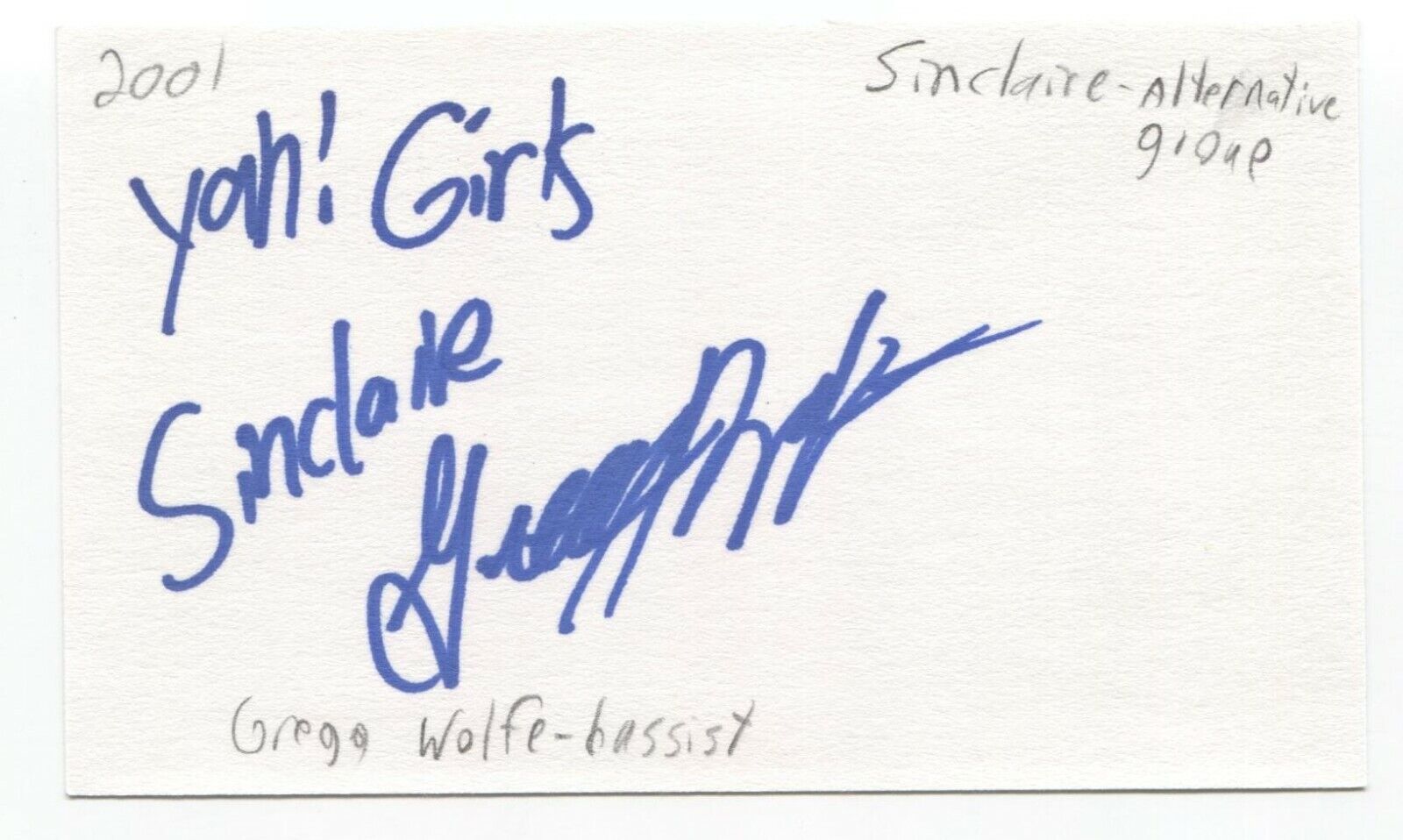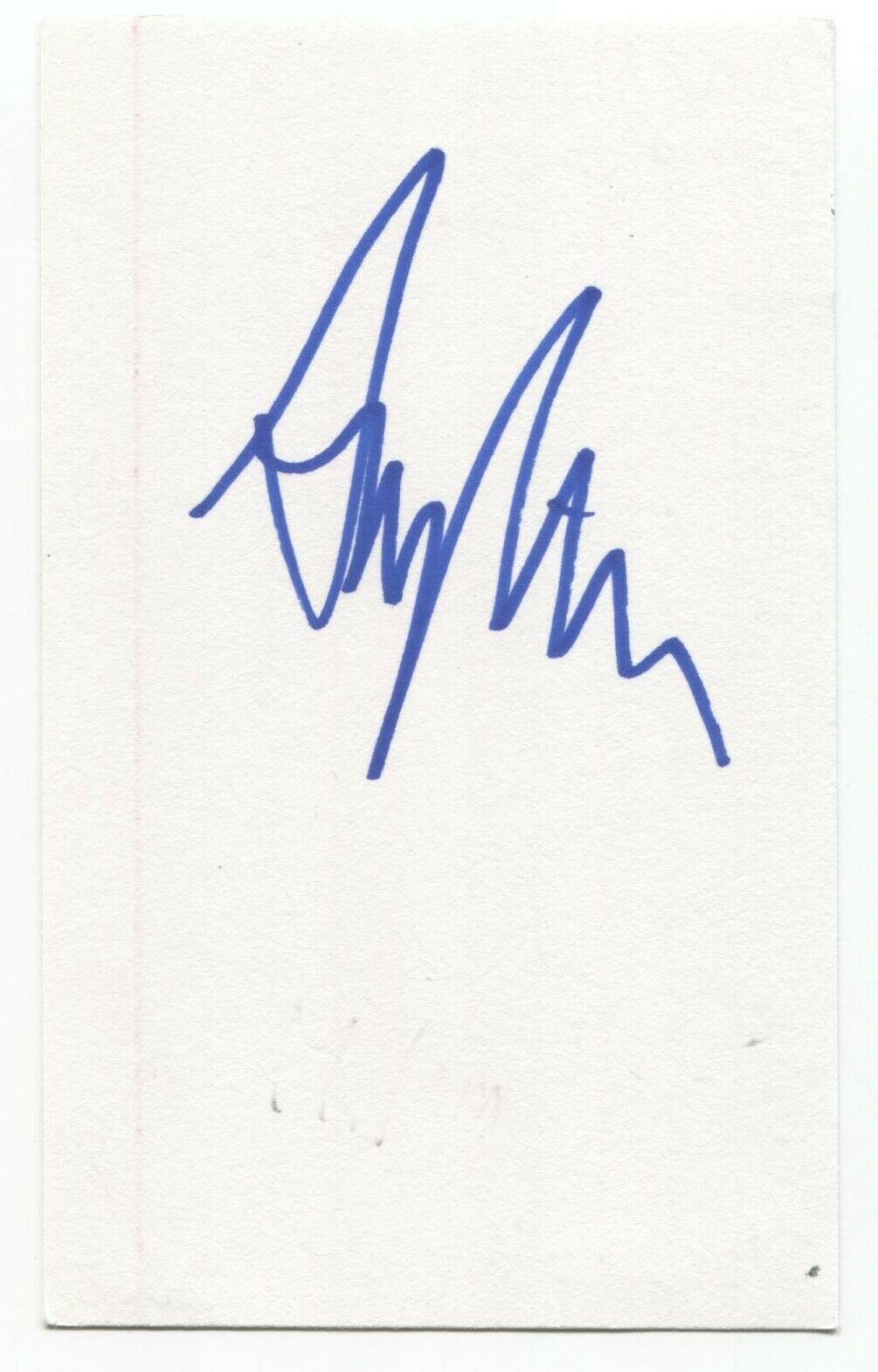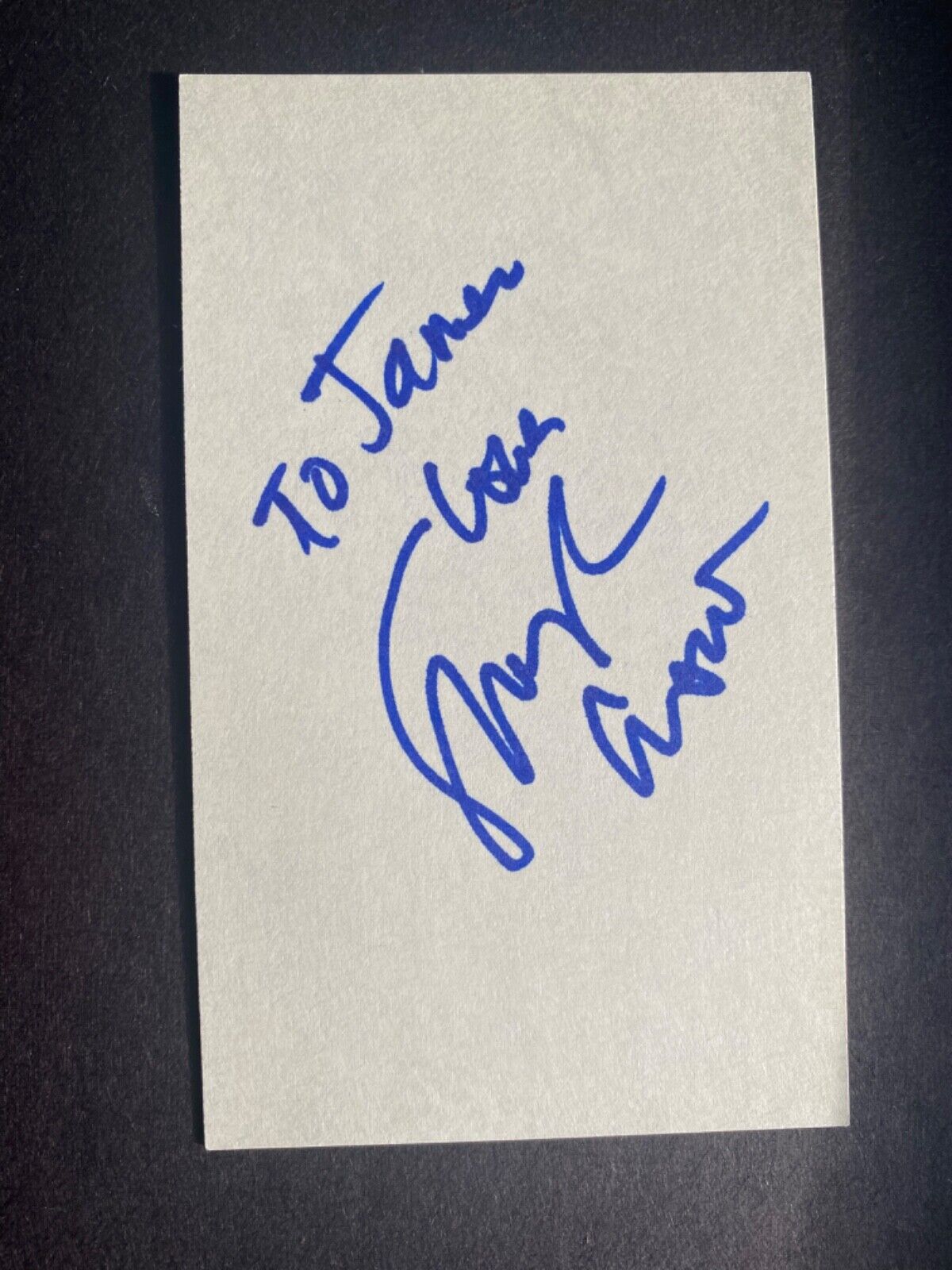-40%
THE INK SPOTS “IF I DIDN’T CARE” VINTAGE RARE CUT SIGNATURES
$ 52.8
- Description
- Size Guide
Description
Offered here is a cut signed by the Ink Spots’ Deek Watson, Bill Kenny, and Orville “Hoppy” Jones. All of these Ink Spot members are deceased. The fourth signature appears to be that of Bobby Benson; a name that is absent from any list of Ink Spot members that I have come across.Orville Jones passed away in 1944. I have found only one of Jones’ signatures with a 9 price tag. It was first offered on Amazon, and is now being offered on eBay.
The signatures on this cut are in pencil on a thin piece of paper glued to a slightly heavier piece of paper. The glue used created ripples on the paper with the signatures. Not a particularly attractive piece, but quite rare nonetheless. The cut measures 4 by 2 ½ inches.
I am selling my collection of autographs that I have purchased several years ago from an array of sources – from eBay sellers, from dealers with professional credentials, and from the signers themselves via the mail. Some came with COA’s; most did not. When I obtained these signatures, I believed them to be genuine and I believed that they were genuine when I posted them on Ebay.
I have received opinions from others, including PSA/DNA whose opinion I sought, indicating that some of the signatures that I have posted were not likely to be genuine. I have pulled those questionable signatures, and will not post them for sale again in the future. It is not my intention to sell autographs that are not authentic, and I will continue do my best to try to ensure that the signatures that I am offering are genuine. As indicated below, all signatures that I sell come with a money-back guarantee if they are judged to be of doubtful authenticity.
If the signature or signatures is/are determined to be inauthentic by a well-recognized autograph expert, this item may be returned for a full refund.
For those who'd prefer a different form of shipping, please contact me so that we can discuss what your shipping charges might be.
NOTE TO INTERNATIONAL BUYERS:
As of January 1, 2021, eBay collects a VAT (Value Added Tax) for the Customs bureau of that country. Some countries charge an exorbitant 20% VAT. Some countries make distinctions for historical documents such as autographs, and charge a more reasonable 5% VAT. PLEASE CHECK WITH CUSTOMS IN THE COUNTRY YOU RESIDE IN REGARDING A VAT AND WHAT THAT TAX WILL BE FOR THE ITEM YOU WISH TO PURCHASE FROM ANY SELLER.
Short Bio:
The original line-up of this enduring US black vocal group comprised Jerry Franklin Daniels (14 December 1915, USA, d. 7 November 1995, Indianapolis, Indiana, USA; lead tenor/guitar), Orville ‘Hoppy’ Jones (b. 17 February 1902, Chicago, Illinois, USA, d. 18 October 1944, New York City, New York, USA; bass), Charlie Fuqua (b. 20 October 1910, USA, d. 21 December 1971, New Haven, Connecticut, USA; baritone/guitar) and Ivory ‘Deek’ Watson (b. 18 July 1909, Mounds, Illinois, USA, d. 4 November 1969, Washington, DC, USA; second tenor).
Most sources state that the Ink Spots formed in the early 30s when the group members were working as porters at the Paramount Theatre in New York City, and their first known performance was at the Apollo Theatre in Harlem in August 1934. Early in their career the Ink Spots played ‘hot’ numbers, and travelled to England in the mid-30s where they performed with the Jack Hylton Band. When they returned to the USA, Daniels became ill and was replaced by Bill Kenny (b. 12 June 1914, Philadelphia, Pennsylvania, USA, d. 23 March 1978, New Westminster, British Columbia, Canada) before the quartet began recording for Decca Records. The new combination changed their style, slowed down the tempos, and had a big hit in 1939 with ‘If I Didn’t Care’, which featured Kenny’s impressive falsetto and a deep-voiced spoken chorus by bass singer Jones. This record set the pattern for their future success, mixed with only a few slightly more up-tempo items, such as ‘Java Jive’, ‘Your Feet’s Too Big’, and two of several collaborations with Ella Fitzgerald, ‘Cow-Cow Boogie (Cuma-Ti-Yi-Yi-Ay)’ and ‘Into Each Life Some Rain Must Fall’. The latter sold more than a million copies in the USA. By this point the vocal quartet had been joined by pianist/arranger Bob Benson, who was replaced in 1940 by Asa ‘Ace’ Harris (b. 1 April 1910, USA, d. 11 June 1964, USA). Harris was in turn replaced by Bill Doggett (b. 16 February 1916, Philadelphia, Pennsylvania, USA, d. 13 November 1996, New York City, New York, USA) in early 1942. Numerous other personnel changes took place in the next few years, with Bernie Mackey (b. 29 July 1909, USA, d. 5 March 1980, USA) replacing the army bound Fuqua in October 1943. The following September founder member Watson was asked to leave the group, with Billy ‘Butterball’ Bowen (b. 3 January 1909, Birmingham, Alabama, USA, d. 27 September 1982, New York City, New York, USA) drafted in as his replacement. Ray Tunia (b. 10 May 1916, USA, d. 16 August 1983, USA) replaced Doggett as the group’s pianist/arranger in October, a few days before founder member Orville ‘Hoppy’ Jones died after collapsing on stage at the Café Zanzibar. He was briefly replaced by Cliff Givens (b. 17 January 1918, USA, d. 6 June 1989, USA), before in March 1945 Bill Kenny’s twin brother Herb (b. Herbert Cornelius Kenny, 12 June 1914, Philadelphia, Pennsylvania, USA, d. 11 July 1992, Columbia, Maryland, USA) and Huey Long (b. 25 April 1904, Texas, USA) joined Kenny and Bowen in a restructured line-up. The returning Fuqua replaced Long at the end of the year and, with pianist/arranger Harold Francis joining the group in mid-1946, this line-up remained constant until the start of the following decade.
Throughout the 40s the Ink Spots enjoyed a string of US R&B and pop hits, including: ‘Don’t Get Around Much Any More’ (number 1 R&B/number 2 pop), ‘Ev’ry Night About This Time’, ‘This Is Worth Fighting For’, ‘Just As Though You Were Here’, ‘If I Cared A Little Bit Less (And You Cared A Little Bit More)’, ‘I Can’t Stand Losing You’ (number 1 R&B), ‘Don’t Believe Everything You Dream’, ‘I’ll Get By (As Long As I Have You)’, ‘I’m Making Believe’ (with Ella Fitzgerald, also a number 1 pop hit), ‘The Gypsy’ (number 1 R&B/number 1 pop), ‘Prisoner Of Love’, ‘To Each His Own’ (number 3 R&B/number 1 pop), ‘Ask Anyone Who Knows’, ‘The Best Things In Life Are Free’, and ‘You Were Only Fooling (While I Was Falling In Love)’. The group was also popular on radio, in theatres, and made guest appearances in movies such as The Great American Broadcast and Pardon My Sarong.
In May 1951, Herb Kenny overslept and missed a radio show in Buffalo and was booted out of the group as a result. He was replaced by Adriel McDonald (b. 10 May 1905, USA, d. 1 September 1987, USA), but from this point onwards Bill Kenny effectively took control of the Ink Spots as a recording entity, laying down all the vocal parts himself. The remaining members continued to perform as Kenny’s backing vocalists at live dates, although Bowen left in early 1952 and was replaced by Teddy Williams. There was some confusion the same year when two different groups began using the Ink Spots name, Charlie Fuqua and Bill Kenny each owning 50 per cent of the title. Fuqua’s Ink Spots originally consisted of himself, Watson, Harold Jackson, and high tenor Jimmy Holmes, but numerous personnel came and went in the years up until Fuqua’s death in 1971. Deek Watson also formed his own Ink Spots, recording a number of albums for the Grand Award label in the 50s with assistance from Bernie Mackey, Lorenzo Conyers, Sammy Pierce, Johnny Reed, Ollie Crawford, Gene Miller and Henry Baxter.
Bill Kenny forged on with the help of Adriel McDonald (bass), Ernie Brown (second tenor) and musical director Everett Barksdale (b. 28 April 1910, Detroit, Michigan, USA, d. 29 January 1986, Inglewood, California, USA; baritone/guitar), although the latter was quickly replaced by Jimmy Cannady and then Henry Braswell, while Fletcher Smith (b. Judge Smith, 22 September 1913, USA, d. 15 August 1993, USA) was drafted in as the group’s new pianist/arranger. In the early 50s the Ink Spots had further chart success with ‘Echoes’, ‘Sometime’ and ‘If’, and Bill Kenny also had US hits in his own name, including ‘It Is No Secret’ (with the Song Spinners) and ‘(That’s Just My Way Of) Forgetting You’. After 1953, the Bill Kenny led Ink Spots effectively only existed as an instrumental backing group for the lead singer.
In 1988 the original Ink Spots’ first hit, ‘If I Didn’t Care’, was awarded a Grammy, and a year later the group was inducted into the Rock And Roll Hall Of Fame. A version of the Ink Spots led by Jimmy Nabbie (b. USA, d. September 1992, USA) appeared extensively worldwide for many years through to the early 90s, until Nabbie’s death in 1992 following double bypass heart surgery. Gregory Lee took over as frontman when the group co-starred with E
artha Kitt in the UK tour of A Night At The Cotton Club, during which, according to one critic, ‘they reproduced the sedate four-part harmonies with skill and just enough spontaneity to satisfy their long-term fans’.


